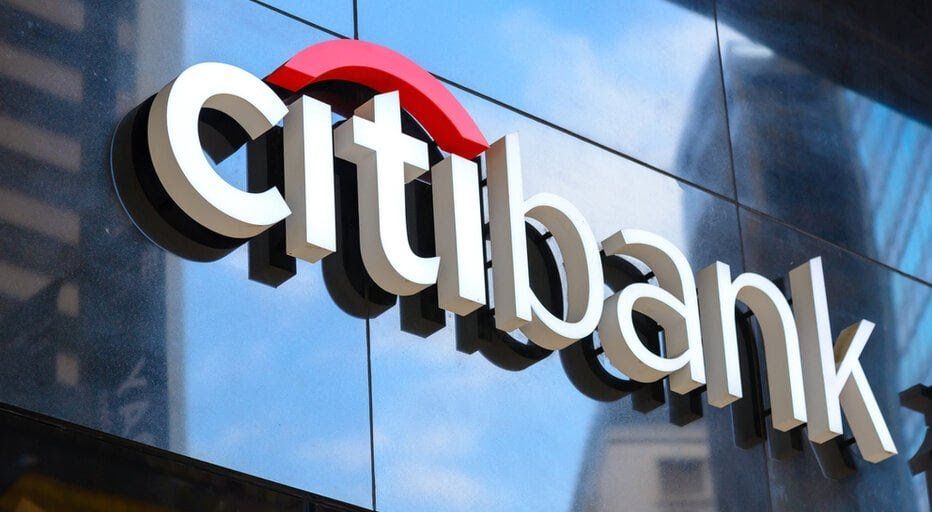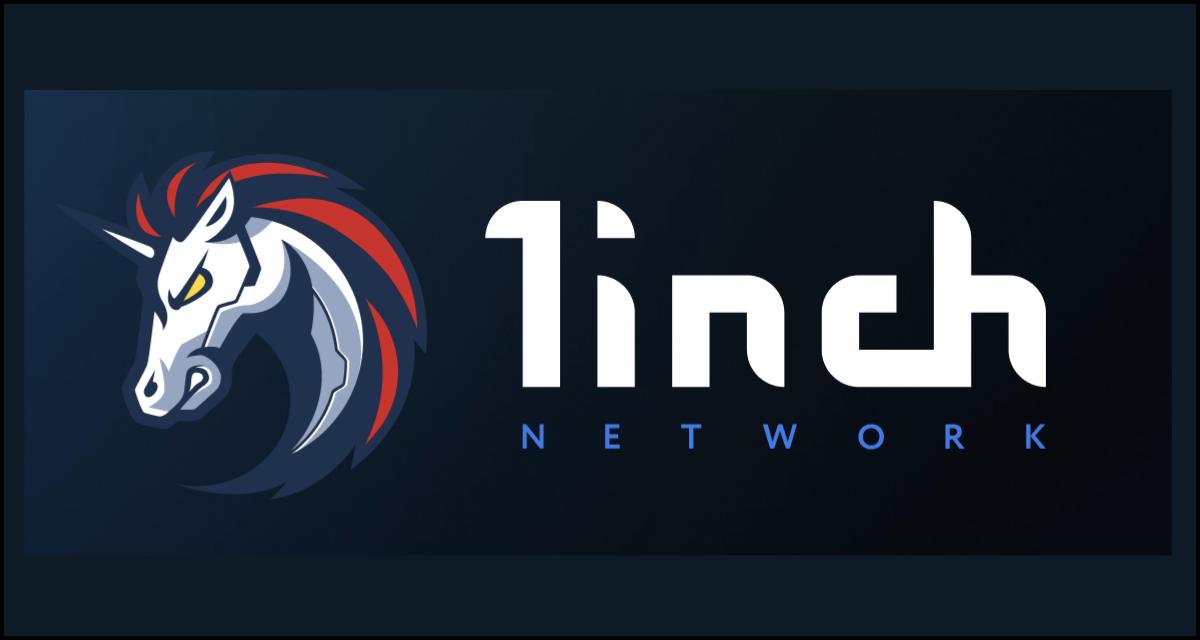Citibank is planning to launch cryptocurrency custody services for institutional clients in 2026. The announcement follows a two- to three-year development phase, with Biswarup Chatterjee, Citi’s global head of partnerships and innovation for services, confirming ongoing internal and external explorations to build a credible custody solution.
Custodial services will allow the bank to securely hold native cryptocurrencies, such as Bitcoin and Ether, on behalf of asset managers and other institutional clients, a key step as traditional investors seek regulated options for digital asset exposure.
Chatterjee detailed Citi’s hybrid approach, combining in-house technology infrastructure for some assets and client segments with third-party, lightweight solutions for others. This reflects broader industry trends as Wall Street’s largest banks weigh direct involvement in digital assets, balancing risk appetite, regulatory scrutiny, and rapidly changing client demands.
Regulatory and Competitive Context of Citibank
Citibank’s move comes amid a favorable shift in U.S. digital asset oversight under the Trump administration, with new legislation such as the GENIUS Act expanding banking sector confidence and laying the foundation for innovations like stablecoins.
Not all major financial institutions are following suit. For instance, JP Morgan has drawn a line, permitting crypto purchases but declining to offer custody services, citing risk and regulation as key factors.
The expansion of the custody service signals Wall Street’s confidence that the institutional adoption of crypto is moving from speculation to long-term infrastructure. For asset managers, secure and regulated crypto custody is increasingly seen as crucial for scaling capital deployment into the sector.
Citi’s forthcoming custody launch will join its suite of blockchain initiatives, which also includes Citi Token Services for cross-border settlements and recent investments in stablecoin technology firms like BVNK.
If Citi’s plans materialize, it will become one of the largest U.S. banks to offer direct digital asset custody, joining a select but growing club that includes U.S. Bank and a handful of specialized custodians.
The bank has yet to finalize details on eligibility, supported coins, or any tokenization efforts, but has indicated interest in developing both tokenized deposits and proprietary stablecoin solutions down the line.
READ MORE: Here’s Why the Falcon Finance (FF) Price is Soaring Today












